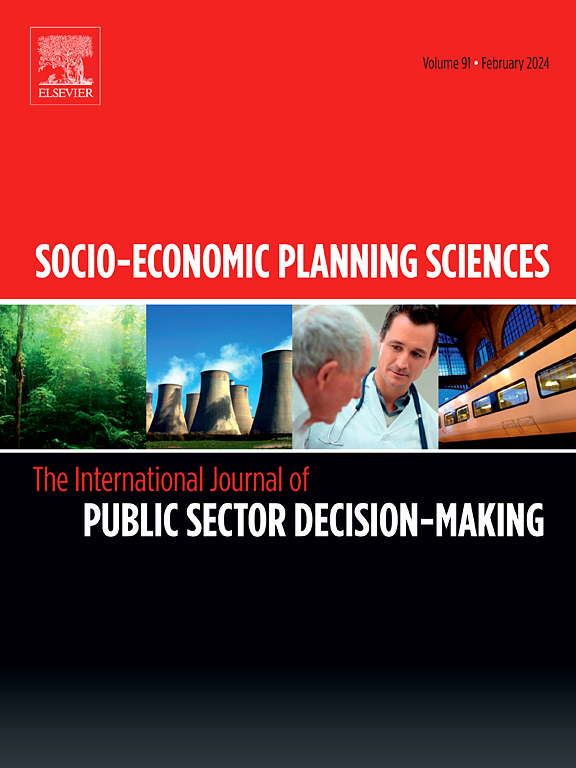在受污染数据上验证本福德性
IF 6.2
2区 经济学
Q1 ECONOMICS
引用次数: 0
摘要
本福德定律是一个数学模型,在实践中经常用于表示数字的频率,适用于各种数据集。本福德统计检验的一个行之有效的用法是在旨在确定资产负债表和损益表数据是否真实的调查中使用。在大型实际数据集上进行本福德统计检验时,一个典型的、令人沮丧的问题是,当本福德虚假设非常现实时,它们提供的 p 值往往比预期的要小。一个可能的原因是数据受到了某种噪声的污染。在本文中,我们利用模拟数据和真实数据提出了去卷积法来缓解这一问题。本文章由计算机程序翻译,如有差异,请以英文原文为准。
Validating Benfordness on contaminated data
Benford’s law is a mathematical model, very recurrent in practice for a wide variety of datasets, used to represent the frequencies of digits. A well-established usage of Benfordness statistical testing lies within investigations aimed to ascertain if balance sheet and income statement data are genuine. A typical, frustrating problem of Benfordness statistical tests on big, practical datasets is that they often provide p-valuessmaller than expected when the Benfordness null hypothesis is very realistic. A possible reason is that data are contaminated by some kind of noise. In this paper we propose the deconvolution approach to alleviate this issue, using both simulated and real data.
求助全文
通过发布文献求助,成功后即可免费获取论文全文。
去求助
来源期刊

Socio-economic Planning Sciences
OPERATIONS RESEARCH & MANAGEMENT SCIENCE-
CiteScore
9.40
自引率
13.10%
发文量
294
审稿时长
58 days
期刊介绍:
Studies directed toward the more effective utilization of existing resources, e.g. mathematical programming models of health care delivery systems with relevance to more effective program design; systems analysis of fire outbreaks and its relevance to the location of fire stations; statistical analysis of the efficiency of a developing country economy or industry.
Studies relating to the interaction of various segments of society and technology, e.g. the effects of government health policies on the utilization and design of hospital facilities; the relationship between housing density and the demands on public transportation or other service facilities: patterns and implications of urban development and air or water pollution.
Studies devoted to the anticipations of and response to future needs for social, health and other human services, e.g. the relationship between industrial growth and the development of educational resources in affected areas; investigation of future demands for material and child health resources in a developing country; design of effective recycling in an urban setting.
 求助内容:
求助内容: 应助结果提醒方式:
应助结果提醒方式:


